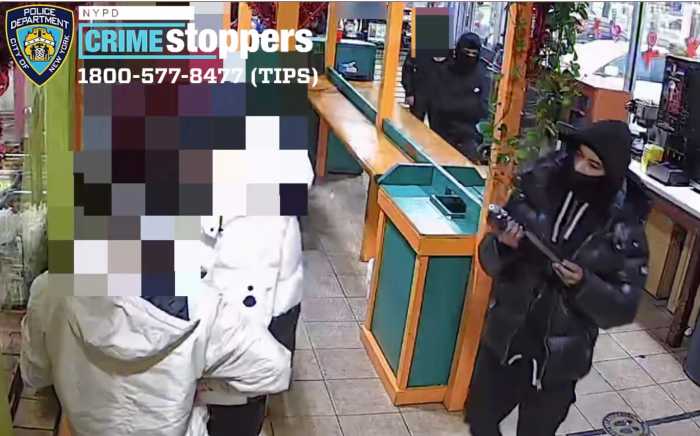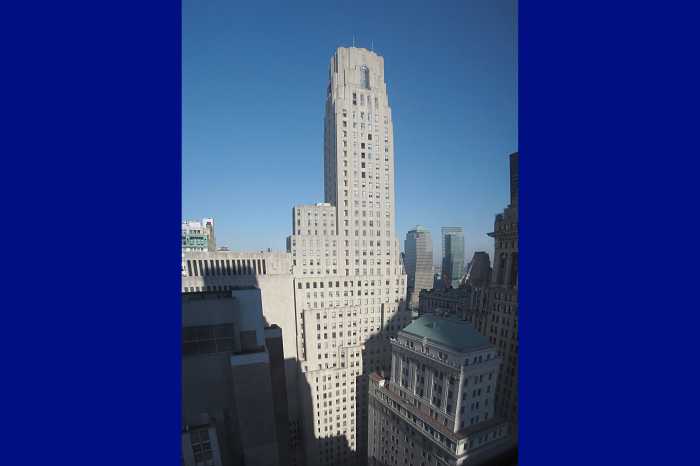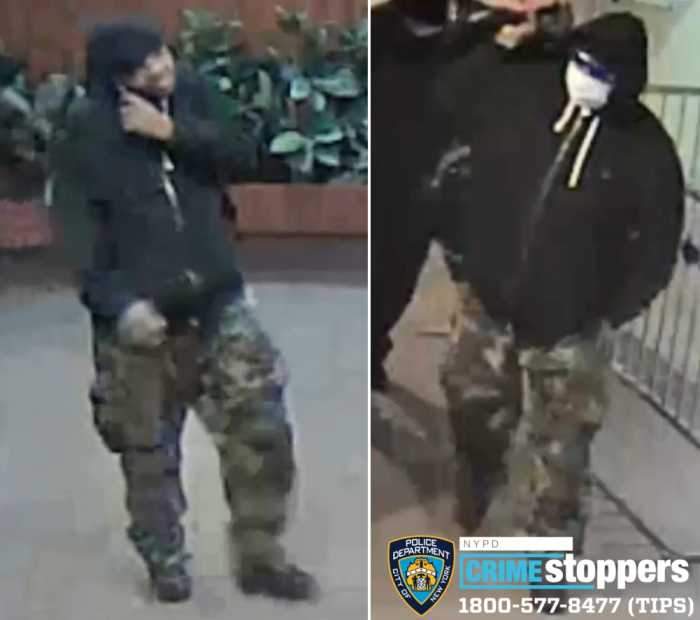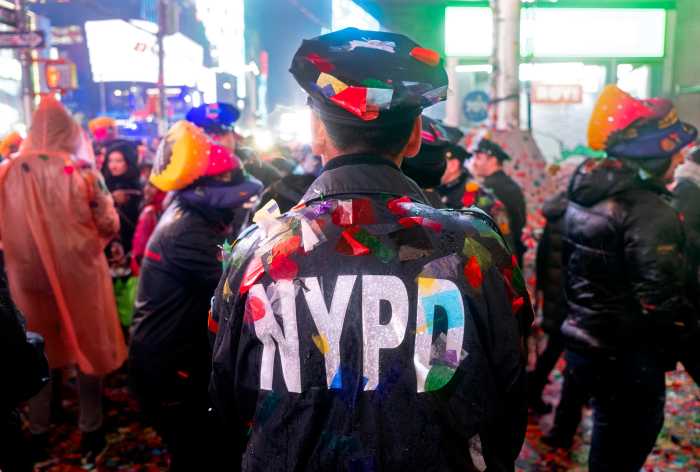On any given day, Amber Drummond, a security officer at a homeless shelter in Queens, reminds shelter clients to wear masks, conducts room checks, and gets help for clients with medical needs. She might help mediate a dispute, or lend an ear to an elderly shelter resident to hear her struggles.
Amber has been working at different shelters for over two years, and enjoys being able to create a welcoming space for clients. But Amber, like a lot of New Yorkers, can’t afford housing in this city. When she finishes her shift at the Queens shelter, she heads to another shelter – where she is currently living.
As New York is poised to receive much needed funds from the federal government to aid in economic recovery, our city must invest in the essential workers like Amber who have been on the front lines. As a security officer in a city homeless shelter, keeping some of the most vulnerable New Yorkers safe, she is part of a group of essential workers which needs special attention.
These men and women have kept our city running and safe, and they have taken on the brunt of the health and economic stresses of the pandemic. Now it’s time for our city to support them.
Hundreds of shelter security officers like Amber work under incredibly difficult conditions, conditions that the COVID-19 pandemic has exacerbated for them and those they watch over.
However, officers who work at shelters funded by the city and run by non-profits do not get the same wages, benefits, training or protections as officers doing the same work at shelters directly run by the city. That’s wrong, and the City Council and SEIU 32BJ are ready to work together to right this inequity.
All security officers deserve wages that will provide them and their families stability. They deserve health care. They deserve training that will equip them to deal with difficult circumstances. They deserve peace of mind. They deserve the Safety in Our Shelters (SOS) Act.
This legislation, which a majority of Council members currently support, would require the nonprofits that run shelters and receive billions of dollars in City contracts to pay the industry standard rate to the nearly 3,000 workers at shelters funded by the city and run by non-profits. For a security officer working full time, that would translate to receiving up to $7,000 more on an annual basis above their current substandard wages.
The legislation would also give these workers 40 hours of training that matches what is required for security at shelters directly run by the City, including content specific to work in the shelters. This training will help them keep safe themselves and the people they watch over.
The SOS Act would mean Amber might be able to earn enough money to rent an apartment. It would mean benefits, so she could finally see a doctor for her rotator cuff injury. It would mean she was being paid what she rightly deserves.
Amber and her colleagues deserve meaningful healthcare benefits, family-sustaining wages and the necessary training to properly do their jobs.
For years, SEIU 32BJ has worked to uplift standards for security officers around the city, workers who are majority Black and brown, and whose labor is often invisible to those who most depend on them. Coming together, thousands of security officers throughout the city have won good wages and benefits, as well as important work protections.
It’s time to bring equity to these workers who face the same extraordinary challenges in an ordinary day’s work.
The reason a majority of the City Council members have signed on to this bill is because they know the SOS Act will improve the lives of thousands of workers who have given their all to safeguard some of the most vulnerable New Yorkers.
They’ve done their job. It’s time we stand up for them.
Kyle Bragg is the President of 32BJ SEIU, and Corey Johnson is the Speaker of the City Council.






































